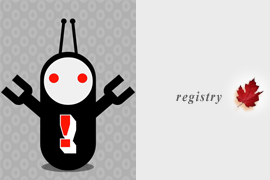
by Joaquim P. Menezes, Editor, ITBusiness.ca

Three fast facts about the NDNC list
– The list was established by the Canadian Radio-television and Telecommunications Commission or CRTC in response to a mandate from Parliament.
– The penalty for non-compliance is stiff: up to $15,000 per offending call for businesses, and up to $1,500 per offending call for individuals.
– Individuals who market products and services over the phone – including those who are part of a multi-channel marketing program – are also covered by the
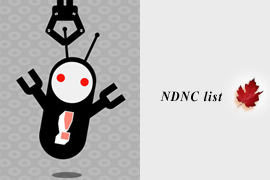
The list is telephone number driven, so if you do not want to get telemarketing calls, you can register your phone number with Bell Canada (chosen by the CRTC to operate the list). “Consumers can put their wireline, wireless and fax numbers on the NDNC list. Registration is absolutely free for consumers, and lasts for three years.
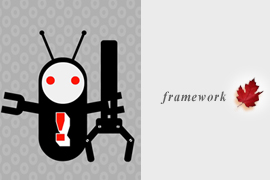
Yes there are. Calls allowed within the NDNC framework include those made on behalf of:
– Political parties and candidates
– Registered charities
– Surveys and pollsters
– General circulation newspapers
– Companies with whom you have an existing business
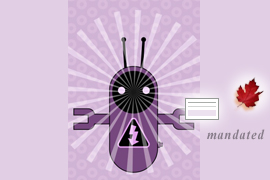
Every consumer can request an individual business – even one covered by the exemption list – not to call them. That business is then mandated to put the consumer’s number on its internal do not call list. If the business violates this request, it will then be subject to the same penalties. Likewise, offshore companies calling Canadians are not off the hook.
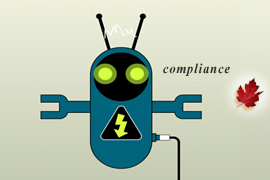
The effectiveness of the ‘Do Not Call’ initiative is in the hands of consumers. It’s meant to be complaints driven compliance. From September 30 – the day the framework is in place – individuals and businesses have 31 days to comply. When a consumer specifically requests not to be called – a company (even one covered by the exemption list) has 31 days to respect that request.
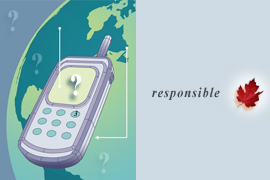
The CRTC has picked Bell Canada to operate the NDNC List. Bell will be responsible for registering numbers, providing telemarketers with up-to-date versions of the list, and receiving customer complaints about telemarketing calls. Phone customers can register their numbers with Bell at no extra charge, and telemarketers are required to subscribe to the list. Telemarketers must pay Bell to operate the list.

Complaints can be filed via the Internet or the telephone through the national Do Not Call operator who will do a preliminary investigation. Then all information gets forwarded to the complaints investigator delegate, who determines relevant facts about the complaint – and recommends actions. Penalties imposed get enforced by the CRTC.

How may businesses prepare for the NDNC?
For starters businesses – whether individual-run outfits or corporations – should register with the complaints investigation delegate, pay the appropriate fees, and subscribe to the NDNC list. The list can be obtained in two ways. You can download it, on a subscription basis. But there’s also the individual query option i.e. searching some numbers vs. downloading pre-set content

Businesses are required to identify themselves in their script as well as via Caller ID. They must also provide either a local or toll free telephone number that consumers can call to ask questions, complain, or request to be put on their internal do not call list. Consumer complaints can relate to receiving unsolicited calls, but also to other violations of the rules or mandated business practices (for example the caller ID was not properly displayed).
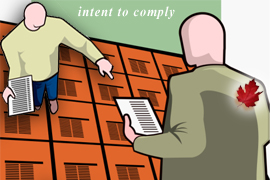
The due diligence defence
Calls may be made by accident. So the complaints investigator delegate and CRTC would determine whether an organization has established and implemented written procedures, provided training to staff, downloaded the list every 31 days, and is maintaining/documenting processes.
For more information read our article: Canadian telemarketers wary as ‘Do Not Call’ D-Day draws
❮ ❯




